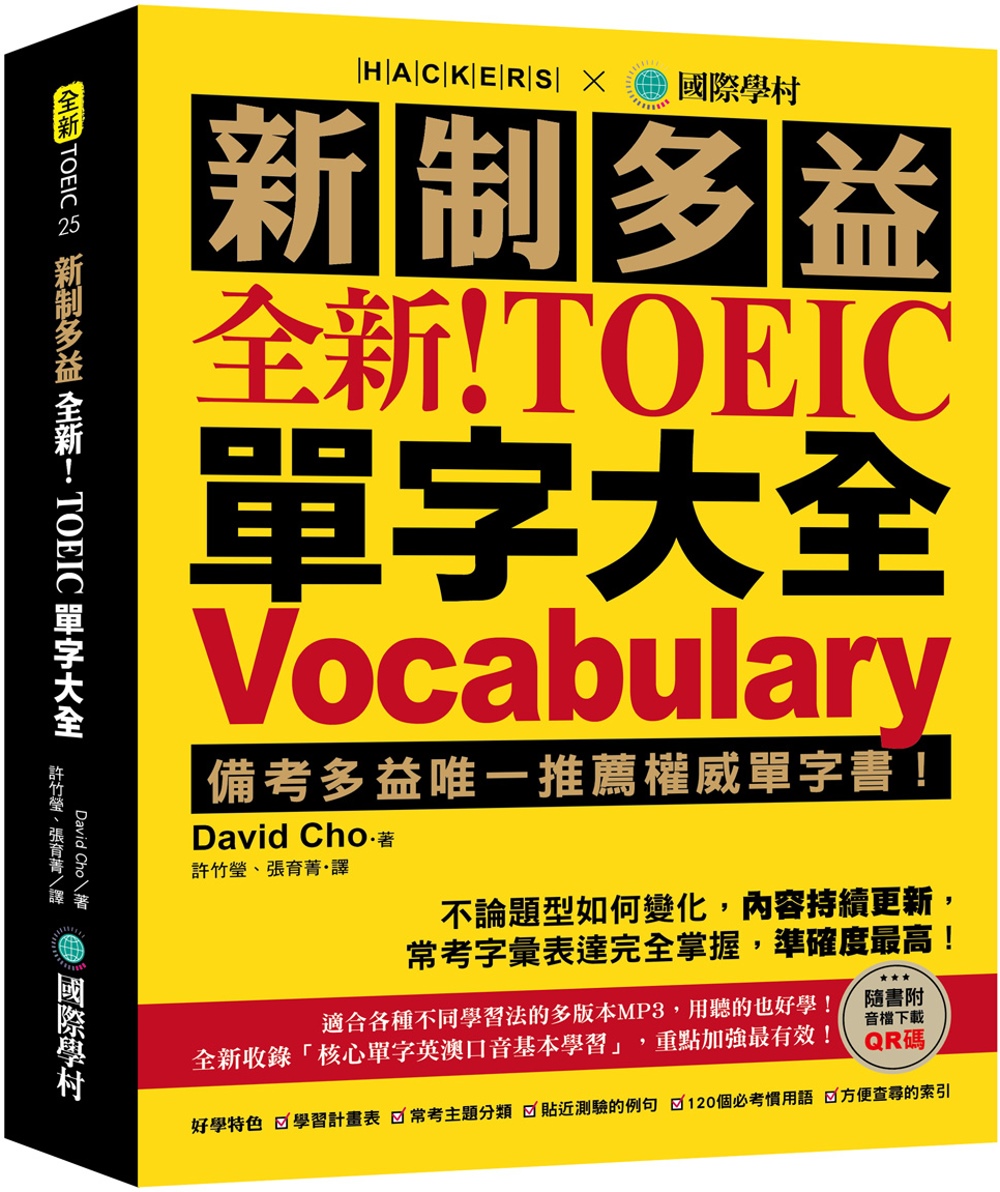Who gets to write poetry? Whose voices are made public? Whose voices are heeded? These are the questions at the heart of Erasing Frankenstein: A Public Humanities Prison Arts Project.
This book tells the story of a public humanities project involving federally
incarcerated women and university students in which participants, under the
name of The Erasing Frankenstein Collective, collaboratively created a long
erasure poem using Mary Shelley’s Frankenstein as source text.
The project used erasure poetry -- poetry made by blotting out
existing words to create a poem with the words that remain -- to highlight the
systematic silencing of marginalized peoples, a theme that is central to
Frankenstein.
Erasing Frankenstein contains the erasure adaptation (175+
full-colour plates) and essays that contextualize the project in a broader,
interdisciplinary, scholarly context, connecting the project to ongoing
conversations about Frankenstein’s cultural legacy, its social justice themes,
public scholarship, and the public domain. The book also includes an annotated
list of erasure poetry to inspire future work.
This book is aimed at a diverse audience from arts and
humanities scholars and teachers interested in Frankenstein and its
adaptations, to scholar-practitioners engaged in prison arts and education,
outreach activities, and forms of public scholarship










![圖解 適齡教養 ADHD、亞斯伯格、自閉症[暢銷修訂版] 圖解 適齡教養 ADHD、亞斯伯格、自閉症[暢銷修訂版]](https://media.taaze.tw/showLargeImage.html?sc=14100126329)

